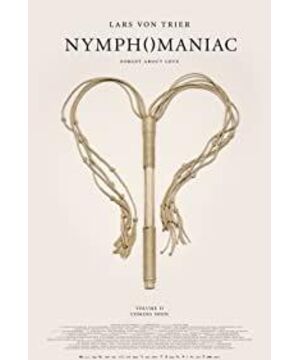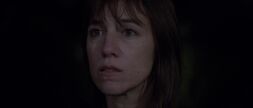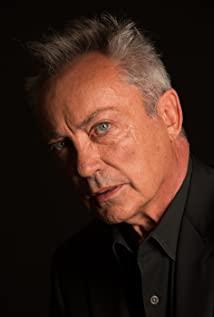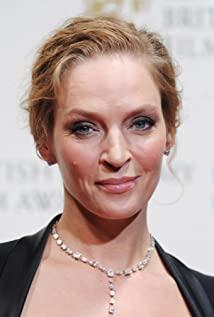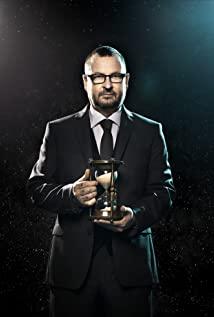I feel that the director wants to talk about some eternal topics, about eternal desires, about eternal God, about every individual human being, about human society and the culture in it. The director deconstructs these macroscopic things into this story. Obviously the director is a capable free thinker (this was the first time I saw his work and it resonated deeply), and he enriched and fleshed out these themes with the experience of his life.
About the ending. Obviously the heroine and the old man are two contradictory extremes, one represents desire and sin, and the other represents God or innocent. As far as my life experience is concerned, if you want to continue to live in a society where culture and morality clearly have a clear direction, standing on either end of it is like standing on the tip of a needle, unable to live. There are actually many solutions, one of which is that the heroine and the old man are out of touch with society to a certain extent in order to maintain their freedom. The growth of the heroine is obvious, and she has largely tamed herself by the end of the film. But the old man didn't. We just felt that the old man was very innocent, which is not reasonable for one person. When the old man took off his pants and took out his one, I paid special attention to his expression, which was solemn, at least to a certain extent, a rational expression. My guess is that he had the first reaction in his life when he heard the story of the heroine. Here I am very willing to believe what the old man said. I believe that his reaction was a kind of platonic sexual arousal. For example, the story of the heroine gave him a great spiritual freshness and made him have some desires. Such desires are legitimate and necessary and fit the theme of eternal life. My first reaction to the heroine's shot was to be confused. She was also controlled by her desire. In my opinion, she should not use this shot to completely overthrow her past self. After all, my first reaction was to reject the old man in a more inclusive way. After thinking about the director's arrangement, there is nothing wrong with this arrangement. She cannot and is not a woman who can live. Her vitality is too strong to allow her to live in the middle area. In addition, she is not very old. There is a long way to go. So this shot seems very natural.
It's a film about gender, and I feel like the director fits some of my points pretty well. There is of course a difference between women and men, and this difference is determined by physiology and the cultural orientation of human society over thousands of years. But about the courage to pursue free will, the director believes that women also have the right to pursue bravely (not referring to sex at all), but the courage to doubt freely, the courage to make one's own decisions, the vitality of women is fully reflected in this film , which also reminds me a lot of the French New Wave films.
View more about Nymphomaniac: Vol. II reviews


